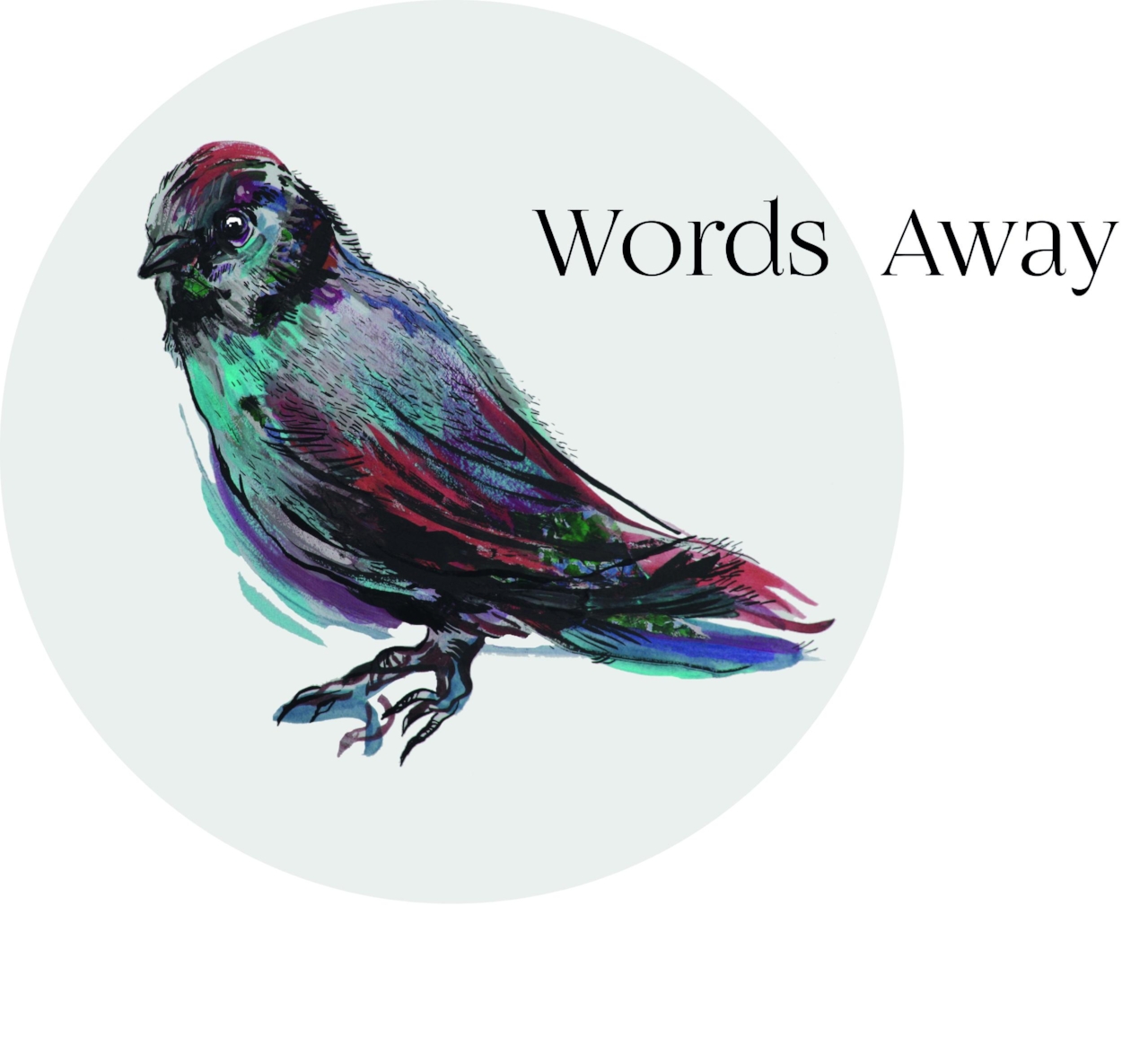A compelling voice seems to be a mysterious if not the essential element of good writing. It’s the magic that pulls a reader into the opening pages and keeps them entranced until the end of the story. Sometimes a voice even has an afterlife, staying with the reader long after finishing the book. From a writer's perspective, it's an ambiguous and fascinating aspect of craft to explore. So I thought I’d put a couple of questions to Andrew Wille who’ll be leading our forthcoming Craft of Voice masterclass on Saturday, November 24th, to clarify what will be on offer.
Kellie: As a writer, how can we identify and develop our voices?
Andrew: I’m a great believer in trusting the natural speaking voice. It is probably the writer’s greatest tool. It arises instinctively, and harnessed in the right ways it brings clarity and force to our work. Sometimes it needs to shift in tone, or adapt to other registers, or gain a little muscle or sinew, but it’s the strongest foundation for our writing. ‘Find your voice’ is one of the great myths of creative writing; you have a voice already, so trust it.
A common weakness in manuscripts is overwriting - stilted prose or showing off, or other styles of writing creeping in: the formal diction of academia, or the impersonality of business writing. Much of the work in writing fiction and creative nonfiction is about clearing out old habits, and learning how to write with the fresh perception of what Buddhists might call Beginner’s Mind.,
Kellie: And has anything in particular influenced your thinking about this?
Andrew: I did my MFA and later taught at Naropa University’s Kerouac School in Boulder, where I was always around performance poets and Buddhists and beatniks. My sense of what writing can be was expanded; having worked in publishing, I perhaps needed to take my head out of my books a bit.
In her workshops Bobbie Louise Hawkins always trained our attention on the power of the natural speaking voice. I remember how she adored Alan Bennett, and used his Talking Headsmonologues as examples of story and character brought to life as voices. It was funny to listen to ‘A Chip in the Sugar’ while looking out of a classroom window towards the foothills of the Rockies; strong storytelling voices transcend specific cultures.
Kellie: Can taking part in a masterclass unleash or open up your voice?
Andrew: I hope so! I look for natural and easy solutions, and working with what’s available - let’s make writing accessible. As with so many matters about writing, opening up your voice is about trusting yourself, and growing an instinctive faith in getting your verbal expression down on the page. And then we extend ourselves - into other voices, for example. In our masterclass some practical exercises can help with this, and reading aloud and listening will also be important activities.
Kellie: The concept of a ‘writer’s voice’ has ‘literary’ connotations which might deter some writers. Do you have to write literary fiction to take part in this masterclass, or is it open to genre or children’s authors too?
Andrew: Voice is absolutely important in all forms of creative writing - think about the singular voices we come across in hard-boiled detective fiction or children’s stories, for example. Such voices might have stylistic differences, but they have been developed with a strong grasp of craft. Plenty of reading and plenty of practice help to grow your instinct for what works in particular contexts.
Kellie: And is this class suitable for beginners as well as experienced writers?
Andrew: Yes - I’d hope this class would give encouragement and insight to both beginning and experienced writers. We always need Beginner’s Mind anyway!
Kellie: A distinctive voice is hard to define but you know it when you read or hear it. Why is that?
Andrew: I don’t know! Sometimes the most powerful things in writing (and reading, i.e., being read) gain their strength for the very reason that they can’t be pinned down - something is mysterious. Something is magic and alive, and it draws us in, beguiles us, and keeps the pages turning. We have to be open to that mystery.
And maybe we need to resist defining voice too emphatically? Prescriptive approaches in creative writing bore me. And there is really only one rule in writing, after all: Don’t Be Boring. We want writing that stirs the imagination and cultivates curiosity.
***
Links
For details about the masterclass and to book a place: The Craft of Voice
Read more on ‘voice’ from Andrew Wille here: wille.org


